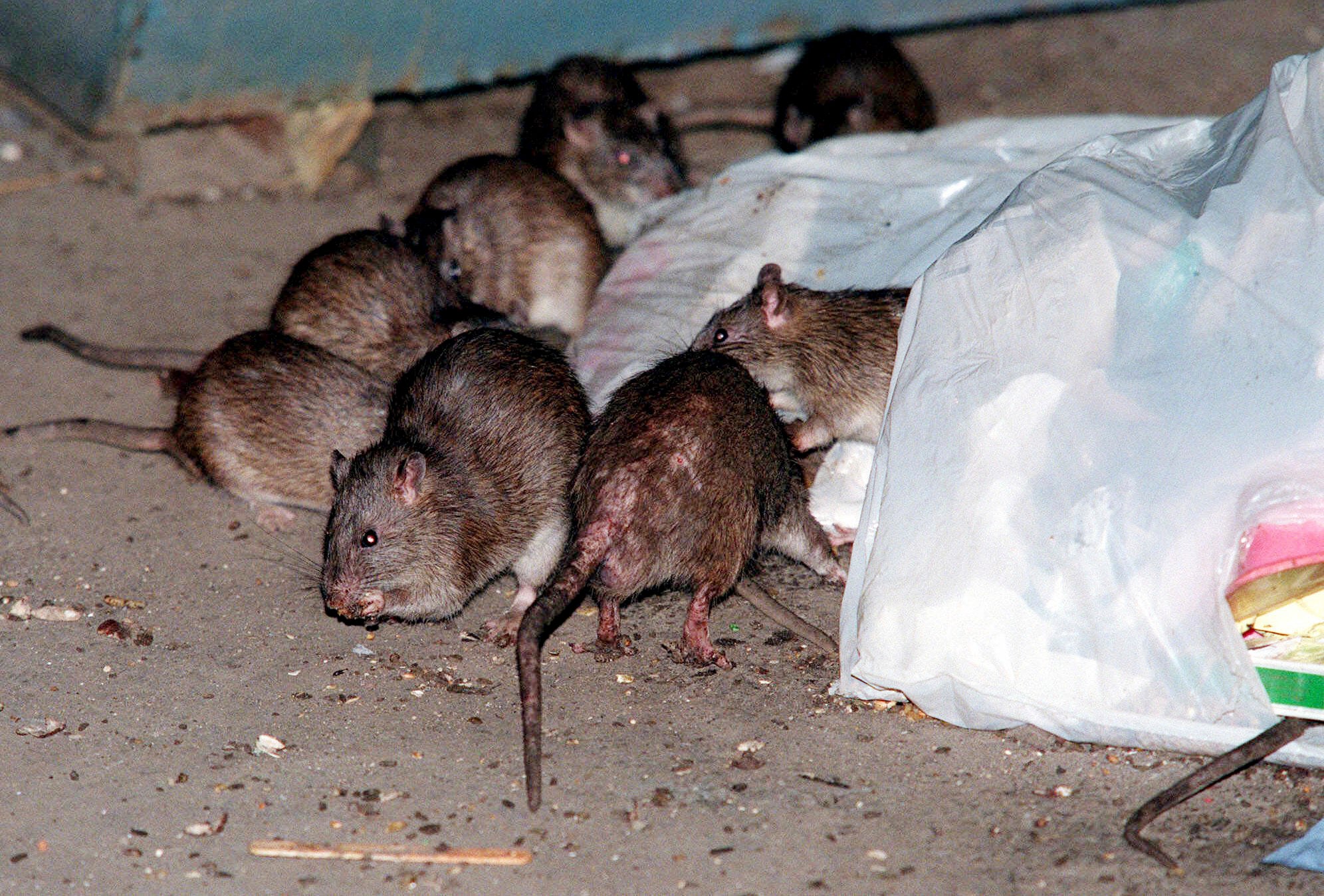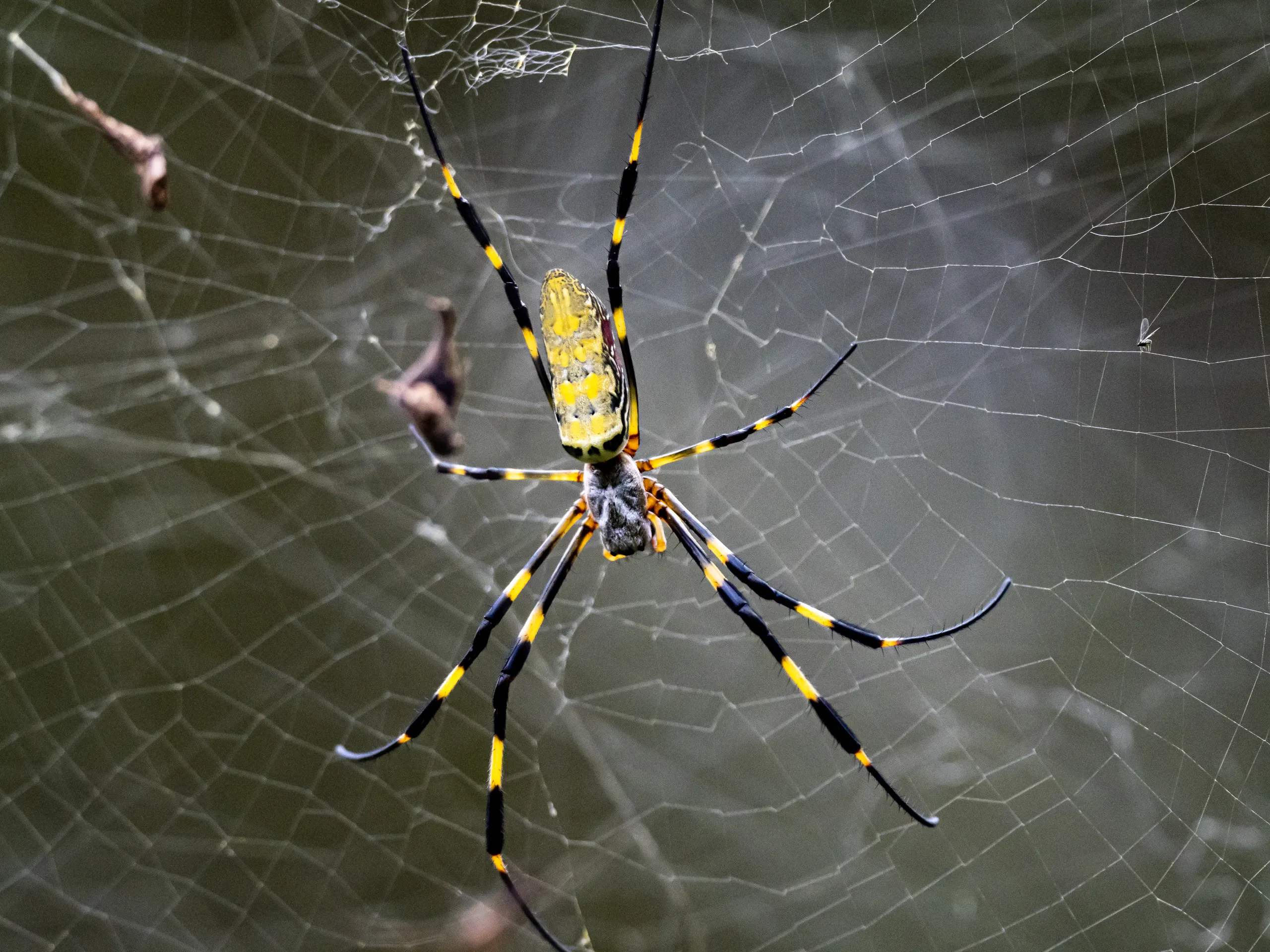What is the most rat-infested place in the US? Hint: It’s not New York
Washington DC is home to some of the worst pests in the nation, but it also has a lot of rodents, mosquitos, and bed bugs, too
Contrary to popular belief, New York City is not the most rat-infested place in the US — it's just one of the most rat-infested places in the US.
Yelp — the business and service review app — collected data on searches for pest control and exterminators, and found that it was not New Yorkers making the most inquiries for critter removal. It shared that report with The New York Post.
Nationwide, interest in preventable pest control rose by 165 percent in June 2024 compared to the same time last year.
As for the state-by-state breakdown — adjusted to reflect population — California had the most rodent-related pest control searches, followed by Wyoming, Washington DC, New Mexico, and Wisconsin.
Washington DC has long been home to rats, but milder winters mixed with a greater number of people moving to the city and regularly working from home has created ideal conditions for rat populations to boom according to Gerard Brown, director of rodent control for DC Health, who spoke with NBC4 about the rat issue last year.

"The increase in food establishments over the past five years — there's been a 25% increase in restaurants," Brown told the outlet. "The mild winters for the last decade — you know, usually the winters act as a natural exterminator.... And the increase in people. You know, we got more people, 700,000, just more people living in DC."
General DC population growth, plus more people working from home means there's more trash being generated in residential areas, which in turns draws more rats, he explained.
"People are eating more at home where they would be eating lunch in the office, and trash would be disposed of there. It's disposed of now in residential cans, and that’s more food waste," he said.
Back in New York, it's not all good news. The city saw a 107 percent increase in searches for "rodent exterminator" for June 2024 when compared to June 2023.
At the national level, the most requested type of exterminator during the period Yelp reviewed was for cockroaches. Requests for cockroach killers increased by 323 percent, according to Yelp.
Next after cockroaches were spider exterminators, which saw a 236 per cent increase in searches. Yelp told the New York Post that those requests were driven by the invasion of the Joro spiders, hand-sized spiders spreading throughout the east coast and the south that can build massive webs. Thankfully, the spiders do not possess venom that can hurt humans and they are not considered to be a major ecological threat, according to entomologists studying their recent arrival in the US. They're mostlyjust a very creepy annoyance.

Bugs made up eight of the 10 spots for pest control searches this year. In addition to cockroaches and spiders, searches needed help removing wasps, termites, ants, fleas, ticks, and bed bugs. In the case of bed bugs, the searches were often more for inspections rather than removal.
Rodent control came in at number nine on the list, followed up by mosquitos in the 10 spot. In every category the searches for pest control were greater this year than at the same time last year, according to Yelp's data.
Washington DC had the most overall requests for pest control, with the most calls for bed bugs, roaches, and mosquito treatment in the country.
New York came in at fifth for bed bug inspection requests, sixth for cockroach exterminations, and 34th for rodent repellent requests, suggesting that Mayor Eric Adams' "war on rats" may be working.
The city's Department of Sanitation said in May that rat sightings in the city had dropped in 12 of the past 13 months when compared to the year prior.
Join our commenting forum
Join thought-provoking conversations, follow other Independent readers and see their replies
Comments
Bookmark popover
Removed from bookmarks